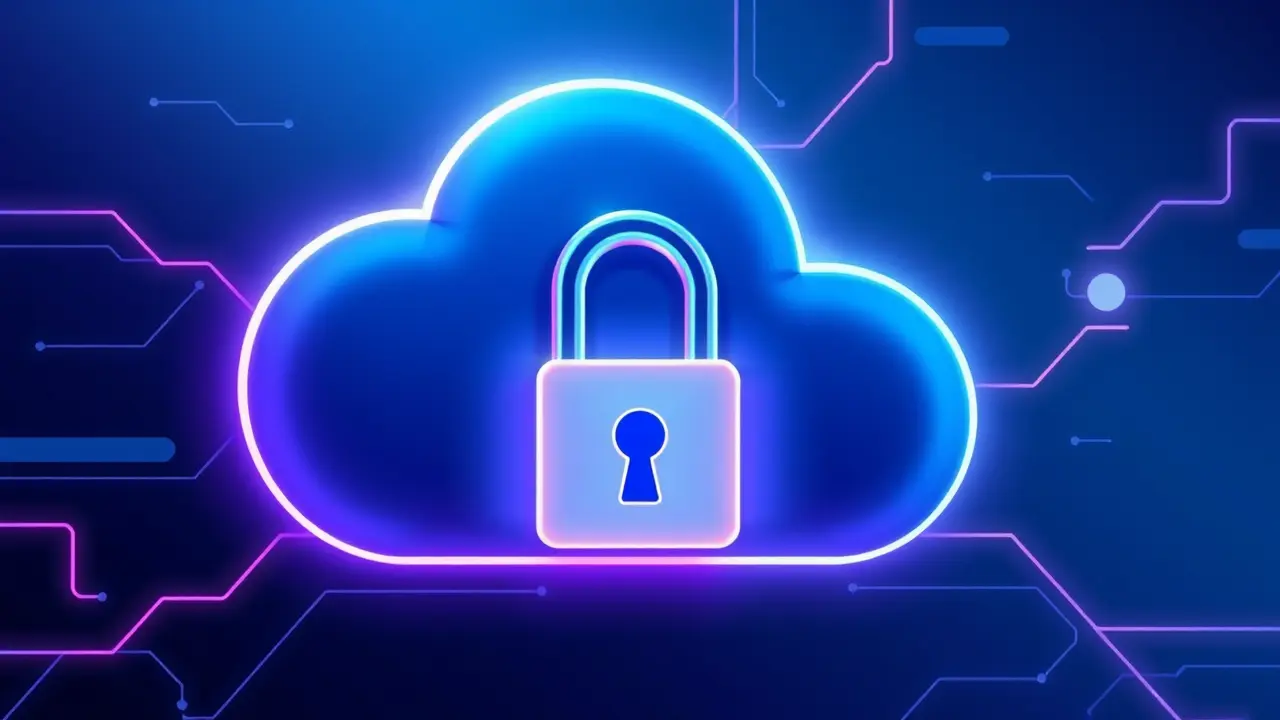- News
- personal-finance
- How to Protect Yourself Against Getting Locked Out of Google, Dropbox, iCloud, OneDrive
How to Protect Yourself Against Getting Locked Out of Google, Dropbox, iCloud, OneDrive
Cloud storage is the digital equivalent of that super-convenient, always-open locker where you stash everything from precious family photos to critical business documents—it's speedy, convenient, and feels utterly simple until the day you can't get the lock to open. Imagine it's a Tuesday, you're trying to pull up a presentation for a major client, and instead of your familiar Dropbox dashboard, you're staring at a login loop from hell.Or your iPhone takes a swim, and suddenly you're locked out of iCloud, watching years of memories vanish behind a two-factor authentication code being sent to a device at the bottom of a lake. This isn't just a minor inconvenience; it's a full-blown digital identity crisis, the modern-day equivalent of losing your wallet, your photo album, and your filing cabinet in one fell swoop.The core problem is that we've outsourced our digital lives to a handful of tech giants—Google, Apple, Microsoft, Dropbox—operating on a fundamental trust that we'll always have access, but the architecture of this trust is fragile, built on a foundation of recovery emails, phone numbers, and secret questions that can and do fail. Think of it like building a financial plan based solely on a single, volatile stock; it’s a high-risk strategy without a diversified safety net.The path to getting locked out is often a cascade of small oversights: you used a university email address as your recovery contact for Google and then graduated, you changed phone carriers and didn't update your 2FA number with Microsoft, or you simply can't remember the answer to a security question you whimsically set a decade ago about your favorite teacher. The consequences are more than just lost cat pictures; for small business owners, it can mean an immediate operational standstill, lost revenue, and broken client trust.For individuals, it's a deeply personal data bereavement. So, how do you build a robust defense? First, diversification is key—don't rely on a single cloud provider.Use Google Drive for documents, but back up your most critical files to an external hard drive or a secondary service like OneDrive. This is the digital version of the age-old investment advice: don't put all your eggs in one basket.Second, master your recovery options. For every account, go beyond the basics.Add multiple backup email addresses, a trusted family member’s mobile number for 2FA, and even consider using a physical security key like a YubiKey for services that support it, which is like having a deadbolt on your digital front door. Third, practice what the pros call 'digital hygiene.' This means regularly exporting and downloading your data—Google Takeout is a fantastic, free tool for this—and storing it in a secure, physical location. It also means using a reputable password manager like 1Password or Bitwarden to generate and store complex, unique passwords for every service, so a breach at one doesn't compromise all.Furthermore, understand the specific protocols of each platform. Google has a detailed account recovery process, but it relies heavily on your ability to prove historical usage.Apple's tight integration with its hardware is a strength until you lose the hardware; knowing how to use Account Recovery Contacts and Legacy Contacts in your Apple ID settings is crucial. For Dropbox and OneDrive, ensuring your linked email is pristine and actively monitored is half the battle.The philosophical shift required is to stop thinking of these services as infinitely reliable attics and start treating them like active, volatile bank vaults that require constant oversight and a well-rehearsed contingency plan. The goal isn't just to avoid the panic of a locked account; it's to achieve a state of digital resilience where even a total loss of access to one service is a recoverable setback, not a catastrophic event. In the end, protecting yourself from cloud lockout is less about memorizing a list of tips and more about adopting a mindset of proactive, layered security—because in our hyper-connected world, your digital presence is your most valuable asset, and it deserves a defense-in-depth strategy worthy of a Fortune 500 company.
It’s quiet here...Start the conversation by leaving the first comment.
© 2025 Outpoll Service LTD. All rights reserved.
